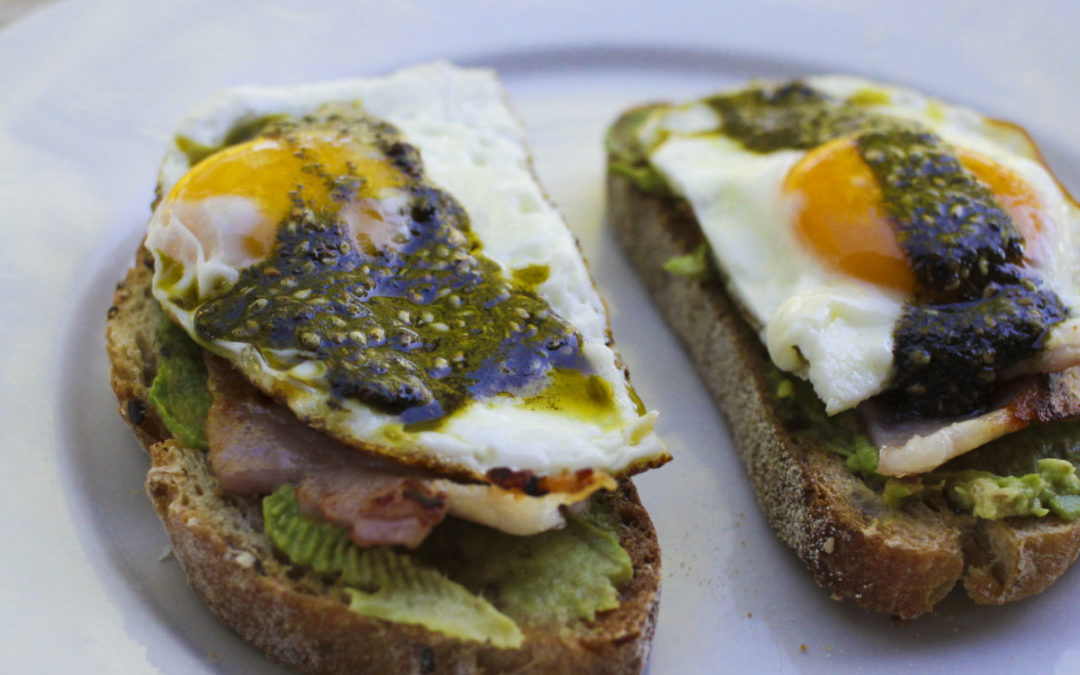If we don’t want to become overweight, we shouldn’t eat fat, right?
Not quite. Many years ago, fat was vilified and all kinds of different foods changed up ingredients to proclaim either low fat or nonfat status. People enjoyed fat free snacks and desserts believing those were healthier choices. But the population didn’t get any slimmer or any more healthy. In fact, we got heavier in the US and more sick. Yes, fat calories were subtracted, but they were replaced with refined carbohydrates – sugar.
For sure, too much fat can lead to weight gain and unwanted health problems, such as cardiovascular disease. However, eating the recommended amount of dietary fat daily is necessary for your health and overall well-being. That said, not all fat is equal. We need to get the majority of our intake from heart-healthy fats and oils.
Healthy fat helps us absorb fat-soluble vitamins (A,D,E, and K), is a great source of energy, and is good for the brain as well as the heart.
Most of us consume four different kinds of fat:
- Saturated fat (e.g., cheese, coffee creamer, butter, beef, pork, and margarine)
- Monounsaturated fatty acids (MUFAs) (e.g., olive oil, avocados; almonds, cashews, and pecans; canola oil, olives, and nut butters)
- Polyunsaturated fatty acids (PUFAs) (e.g., walnuts, sunflower seeds, flax oil; herring, mackerel, and wild caught salmon; corn, soybean, and safflower oil)
- Trans fat (e.g., margarine and vegetable shortening, fried foods, French fries, frozen pizza, cookies, crackers, doughnuts, baked goods, snacks, and nondairy coffee creamer)
So, which fats are healthy and which are not? Let’s keep it simple!
- Limit saturated fat in your diet – 10% or less of total calories
- Enjoy unsaturated fats, both MUFAs and PUFAs, within the daily recommended allowance, which is 20-35% of your total calories.
- Stay away from trans fat.
4 quick ways to include these fats in your diet
- Use olive oil instead fo butter when cooking.
- Blend avocado into your smoothie. It’s delicious.
- Swap out red meat for fish during the week (herring, mackerel, and wild caught salmon)
- Make your go-to snacks almonds and cashews.
Love to hear any questions you may have or comments!
Photo by Joshua Moussa on Unsplash

